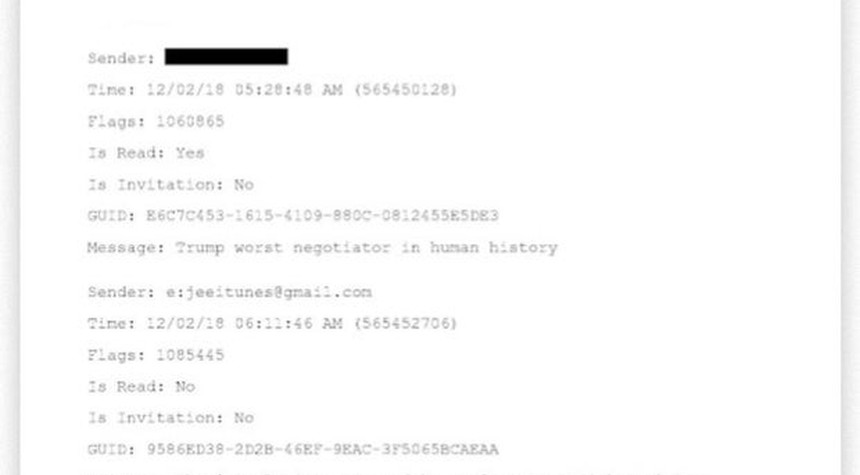The House Oversight Committee released more than twenty thousand documents Wednesday, including private emails and text messages from Jeffrey Epstein that shed light on his relationships during his final years. The communications reveal repeated discussions about President Trump among Epstein’s inner circle.
As Epstein’s reputation deteriorated in the years before his death in a Manhattan jail cell in 2019, he increasingly corresponded with Steve Bannon, a close Trump ally, journalist Michael Wolff, and attorney Kathryn Ruemmler. Ruemmler served as White House counsel during the Obama administration and was a partner at Latham & Watkins at the time of these communications. She currently serves as chief legal officer for Goldman Sachs.
The released documents show these individuals frequently discussed President Trump with Epstein. Trump, an old acquaintance from New York and Florida social circles, has previously stated he severed ties with Epstein years before the financier’s legal troubles intensified. The president has not been accused of wrongdoing in connection with Epstein’s criminal activities.
In exchange for these conversations, Epstein sought counsel on various personal projects, including potential business ventures in the Middle East and efforts to rehabilitate his damaged reputation through a documentary project with Bannon.
Congressional Democrats highlighted a 2019 email in which Epstein wrote that Trump “knew about the girls.” The president has forcefully and consistently denied such allegations for years. On Wednesday, Trump responded on his social media platform, characterizing the matter as politically motivated. He connected the timing to the recently concluded federal government shutdown, suggesting Democrats sought to deflect from their performance on that issue.
The correspondence between Bannon and Epstein was extensive, numbering in the hundreds of messages across various topics. These included Middle East affairs, potential business arrangements, and strategies for Epstein’s media presentation. Some exchanges contained critical remarks about the president, including one text describing Trump as “the worst negotiator in human history.”
In a June 28, 2019 message, sent merely one week before Epstein’s arrest, he wrote to Bannon suggesting Trump would be anxious about their friendship.
Bannon played a significant role in Epstein’s attempt to restore his public image. He conducted hours of filmed interviews with Epstein for a planned documentary. In a 2018 text exchange, Bannon proposed making “a documentary on the real story,” to which Epstein responded favorably.
According to a source familiar with Epstein’s thinking, the financier planned a comprehensive public relations campaign designed to present himself in a redemptive light. Multiple media projects about Epstein were under development at that time. The documents show Bannon and Epstein discussed potential filmmakers for their documentary after learning Netflix was producing a competing film.
These revelations provide insight into how Epstein navigated his final years, attempting to leverage relationships with politically connected and media-savvy individuals while his legal jeopardy increased. The documentary project and associated rehabilitation efforts ultimately went unrealized following his arrest and subsequent death while awaiting trial on federal sex trafficking charges.
Related: Colombian Leader Halts Security Cooperation with America Following Maritime Strikes

